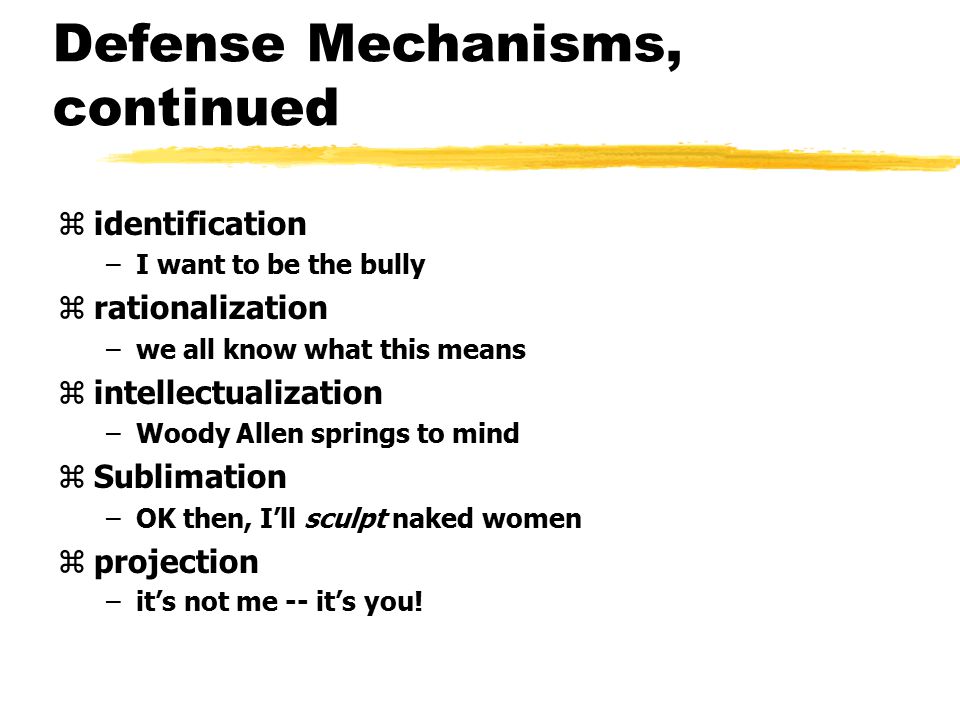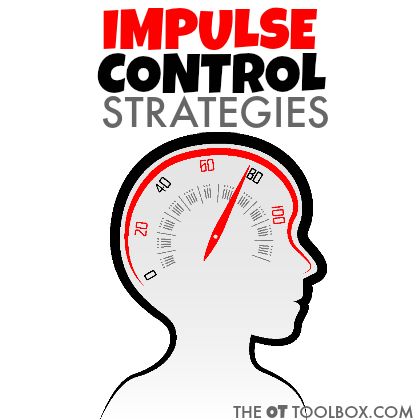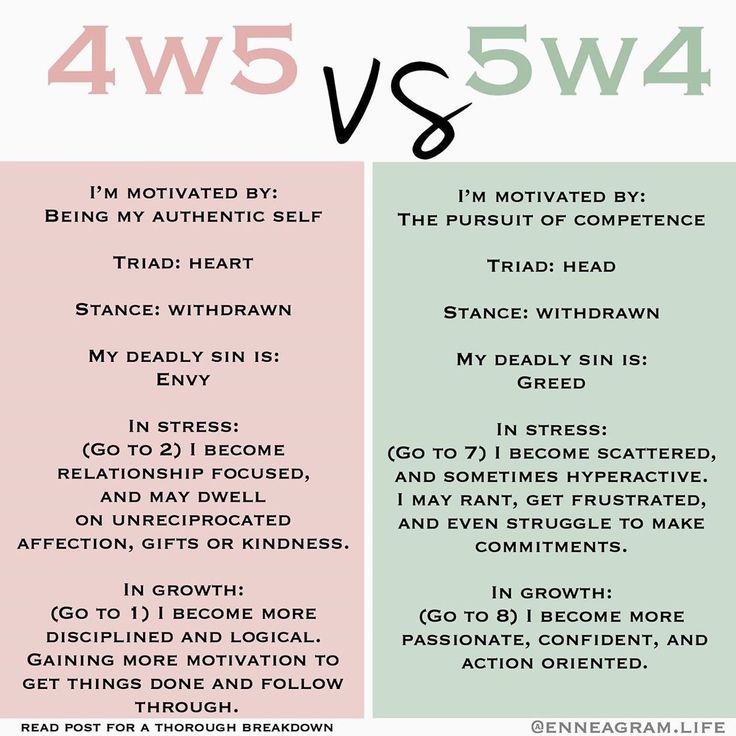Is it normal for couples to argue
How Often Do Couples Fight? What Experts Have to Say
- Every couple is different, but haveing more disagreements than agreements is unhealthy.
- Arguing can be beneficial because it can teach you more about your partner.
- When you get into disagreements, try using "I" statements instead of blaming language.
If you've ever had a fight with your partner, you know it can be stressful, but arguments are a normal part of any relationship. Fighting too often can put a strain on your relationship, but experts say the most important consideration is how you approach disagreements.
Here's what you need to know about how often couples fight, and six strategies you can use to make an argument more productive.
How often do couples fight?
"It's very common in our culture for couples to have disagreements," says Moe Ari Brown, a licensed marriage and family therapist in private practice.
Some couples argue just once a month or once every two to three months, Brown says, while others may argue once a week, depending on where they are in their relationship.
"There is no average number of times couples have disagreements, in that each couple is different," says JaQuinda Jackson, a licensed therapist in private practice.
However, there are a couple of key warning signs that you may be fighting too much, Jackson says.
"If you are in a relationship in which you find yourself having verbal disagreements daily or more disagreements than agreements, this would be considered unhealthy," Jackson says.
But in many cases, arguments can be a normal, and even a healthy part of your relationship.
What are the benefits of disagreeing?
Disagreements can help enrich a relationship in a few key ways:
- Teaching you more about your partner. Arguments can shine light on how your partner thinks and feels on certain issues, which allows you to understand them better, Jackson says.

- Showing you where you need to make changes. "These disagreements are just showing us where we are misaligned and where slight adjustments are in order," Brown says.
- Helping you practice listening and problem-solving. "Disagreements can be healthy if you are able to hear your partner and reach a compromise," Jackson says.
How to have a productive "fight"?
"Disagreements will happen, how you respond is what makes the disagreement healthy or not healthy," Jackson says.
If you find yourself having a disagreement with your partner, there are a few tips you can follow to make the discussion a useful experience and avoid causing hurt feelings.
1. Don't call it a fight"I like to offer the language of 'having a disagreement' or 'experiencing a misalignment' when talking about couples working through challenges," Brown says.
Avoiding the word "fight" serves two important purposes, Brown says:
1. It can take you out of the conflict mindset. "When couples see disagreements as fighting or conflict, they often want to be defensive, as though they are being attacked," Brown says.
It can take you out of the conflict mindset. "When couples see disagreements as fighting or conflict, they often want to be defensive, as though they are being attacked," Brown says.
This defensive attitude can make it harder for both parties to listen to each other and calmly communicate their feelings. "When we approach these moments in fear and defensiveness, we are met with more of that in one another," Brown says.
2. It separates arguments or disagreements from violence. Domestic violence "fighting" involves serious emotional or physical abuse. A normal disagreement shouldn't make you feel afraid for your well-being or safety.
2. Use "I" phrases"Oftentimes, partners will say, "you make me feel" rather than " I am experiencing X feeling," Brown says.
For example, your partner might say "you're making me mad" instead of "I'm feeling frustrated."
When your partner accuses you of making them mad, you may feel the need to defend yourself or deny that you've done something wrong. But if your partner says, "I am feeling frustrated," it's easier to empathize with what they're going through.
But if your partner says, "I am feeling frustrated," it's easier to empathize with what they're going through.
Using "I" phrases can also help you become more aware of your own feelings and your role in the conflict. Owning up to your own part in a problem is vital for healthy communication, Brown says.
And the way you communicate with your partner is important — a 2022 study found that communication issues are the number one subject of conflict between couples.
3. Listen and share, don't try to persuadeWhen you're in a disagreement, you want to communicate your opinions and feelings with your partner — but you can't expect them to agree with you or change their mind.
"When you try to persuade your partner, what you are saying is what they feel and how they think it doesn't matter, which can build resentment," Jackson says.
For example, if your partner says they're not comfortable attending a family reunion, it's better to say, "It's important to me that you meet my family" rather than "you shouldn't be worried. "
"
When you share how you feel without pressuring your partner to agree, "you create a place within the relationship for healthy dialogue which allows for safe sharing within the relationship," Jackson says.
You'll also need to practice listening to your partner's thoughts and feelings without jumping into argue. This gives you the opportunity to learn more about them and try to understand their perspective, Brown says.
4. Try journalingIf you and your partner are arguing back and forth, but can't get to the core issue of what's really wrong, it can help to take a moment and grab a journal, Brown says.
You each should write down a list of five things that you are experiencing at the moment that you can be fully accountable for — meaning you don't blame them on your partner.
This can include:
- Your feelings
- Your thoughts
- Your actions or behaviors
- Anything else that led to this moment of disagreement
"This is a good way to practice accountability before going into the conversation," Brown says.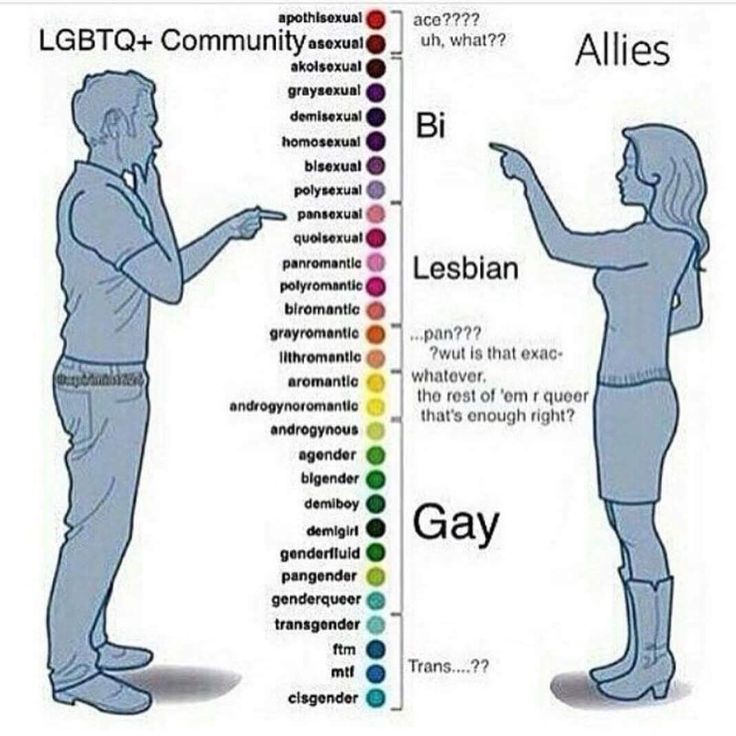
It can also help you reflect on what's really going on underneath your emotional reactions, without the distractions of an argument.
5. Try to stay in the presentSometimes the issue you're upset about may remind you of another past conflict, but this doesn't always mean you should bring it up.
If you've never addressed the past issue before, it may be important to explain how you're feeling. But "if your partner has apologized for their mistakes, then it is unhealthy to bring up past disagreements," Jackson says.
If you resolve a problem, but then keep bringing it up later, "this creates an unhealthy cycle and often leads to your partner not willing to share and be vulnerable when issues arise," Jackson says.
Staying in the present can help you focus on your current feelings and needs and keep the conversation from becoming confusing or overwhelming.
When it comes to the past — "if you forgive, then commit to not bring it up again," Jackson says.
If your feelings become too heightened during an argument, it may become harder to communicate in a healthy way.
According to Brown, some signs that you may be too emotional or feeling defensive are:
- You start speaking louder
- You try to control the conversation through words or behaviors like interrupting your partner or walking away
- You shut down by becoming quiet
- You withhold the truth
- You tell the truth in a harsh way, without compassion for your partner
If you find yourself or your partner falling into these patterns, it may be best to take a break and come back to the conversation later.
In a small 2021 study, newly married people who used destructive conflict behaviors like yelling or insulting their partner were more likely to get divorced later on.
However, it's important not to just dismiss the conversation. Identify a time and place to revisit the conversation and "try not to let the disagreement linger for more than a day, Jackson says.
Identify a time and place to revisit the conversation and "try not to let the disagreement linger for more than a day, Jackson says.
There is no set number for how often you should have disagreements with your partner. And having arguments can be a healthy part of any relationship.
"Disagreements happen and when they do, they are an opportunity for greater self-awareness, and relationship expansion," Brown says.
"When we can approach these adjustments from a place of curiosity, love, acceptance, and openness, we find that conversations go smoothly and alignments happen effortlessly," Brown says.
Madeline Kennedy
Madeline Kennedy is a health writer for Insider covering a wide range of topics including reproductive and sexual health, mental health, nutrition, and infectious disease. Before joining Insider, Madeline worked as a health news writer for Reuters, and a domestic violence therapist. She has a master's degree in social work from UPenn and is interested in the intersection of health and social justice.
Before joining Insider, Madeline worked as a health news writer for Reuters, and a domestic violence therapist. She has a master's degree in social work from UPenn and is interested in the intersection of health and social justice.
Read moreRead less
All Couples Fight: 11 Therapist-Approved Tips to Argue Fairly
John Gottman, world-renowned psychologist and relationship expert, says that one of the predictors of divorce occurs when a person consistently attacks her partner's character rather than isolating the specific issues that are upsetting.
So, instead of saying, "Of course you didn't do the dishes again. You're lazy!"—which will either put your partner on the defense or make him retreat or resent you—try isolating the specific complaint or issue you have. You can say something instead like, "I feel frustrated when I come home to a sink full of dirty dishes. Can we set up a schedule for our chores so this doesn't happen again?"
6.
 Listen more and talk less.
Listen more and talk less.When we're arguing, there's a tendency to talk more than to listen. We're so eager to get our feelings out, we may not even hear what our loved one is trying to express.
Batterson says that the person who has an issue is the one that needs to be listened to. She suggests that instead of immediately defending yourself, just listen and let your partner know that you heard them.
This approach is effective because it not only shows that you were listening, but that you understand what your partner was saying or where they were coming from. You're more likely to have a more productive dialogue instead of a full blowout argument when you just listen.
7. Change what you say—and how you say it.
The reality is that most of us recycle arguments and can almost exactly predict how our partner is going to respond, as if the discussion has been scripted.
If you want to fight better, change what you say—and
how you say it. Batterson agrees, "It's a good thing for people to recognize their 'dialogue demons' so they can re-frame the argument, label it, and approach it differently. Instead of pointing the finger at the other person, they can ask themselves how they're contributing to the argument and try a new approach." The important piece is that you frame your argument with respect and kindness so that you give your loved one a chance to respond in kind.
Instead of pointing the finger at the other person, they can ask themselves how they're contributing to the argument and try a new approach." The important piece is that you frame your argument with respect and kindness so that you give your loved one a chance to respond in kind.
8. Resist the urge to avoid the argument.
A lot of couples might keep it to themselves when they're mad at each other because they're scared of starting potentially relationship-threatening arguments. But a recent study found that avoiding these conversations is actually more likely to harm a relationship than help it.
The survey asked 935 people in committed relationships about how they handled conflict and how fulfilling and promising their partnerships were. The results were striking: People who talked through conflicts were 10 times more likely to be happy with their relationships. As for the people who stayed silent, those who blamed their partners for the lack of communication were more likely to be unhappy.
"Those thinking about raising sensitive issues with a loved one should weigh the possible risks of speaking up against the certain risks of not speaking up," said Joseph Grenny, the bestselling author and social scientist who conducted the study. "If you don't talk out problems, you tend to act them out — and as a result, problems not only persist, they actually get worse. The biggest mistake is to fool yourself into thinking that *not *talking about concerns reduces the risk of problems—it doesn't."
9. Put yourself in your partner's shoes.
Another key tip for addressing relationship issues effectively? Put yourself in your partner's shoes by brainstorming reasons why a sensible person might behave the way they did. It will help you better understand their actions.
10. Don't threaten to leave your significant other.
It's easy to let your emotions get the best of you, but try as hard as you can not to threaten to break up or get divorced. Regardless of whether you mean it, those words can leave a lasting impact on the person who hears them, and cause them to feel insecure in the relationship long after the fight is over.
11. Never resort to physical or emotional abuse.
If a fight with your partner has ever made you feel physically, emotionally, or psychologically unsafe, that's a major red flag, according to the experts. Couples fighting is healthy only as long as it stays fair and safe.
Why couples fight and how to avoid it
January 15, 2022 Relationship
We tell you how to stop arguing over trifles and not bring conflicts to the point of absurdity.
You can listen to the article. If it's more convenient for you, turn on the podcast:
First you have to put up with it: even the most beloved person can annoy you at times. Humans are imperfect and will always be late, forget promises, and do a million more annoying things. nine0003
Esther Perel
Psychotherapist and family psychologist, Belgium.
Some couples live in a state of low-level conflict in which they constantly cling to each other. In such couples, they don’t say “I would like a glass of water”, but they say “why do you pour water only for yourself ?!”.
If you spend hours arguing over nonsense, and then are horrified at how you could have said such unpleasant things, it's time to put the conflicts on the shelves and introduce new rules.
Why loving couples actually fight
An external reason for a quarrel is almost never such. Spilled tea or a spent stash does not make us suffer on its own. We take them to another emotional level, where we react not to the situation, but to our thoughts about it.
So, the mess arranged by the second half can cause only a fleeting upset. The fire of a future scandal is kindled by the idea that your partner does not care about you. However, you came up with this idea on your own, and the person simply did not put things in their places. He did not connect it with your happiness. nine0003
In psychology, there is a concept of a "trigger" - a trigger, a situation that provokes negative emotions. Family psychologists say that all triggers that cause domestic conflicts can be divided into the following categories.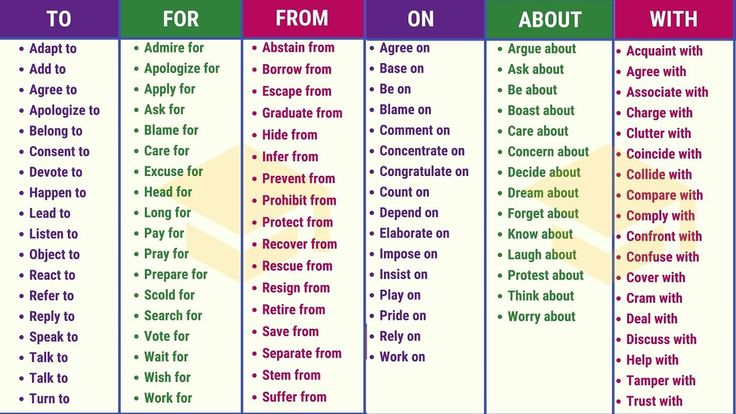
Past experiences
People bring past experiences and memories from their own family into their current relationships.
Let's say you've watched your parents swear for years when someone came home late from work. Therefore, now, when you yourself are late, you feel guilty, and when your partner does this, you have the right to tell him how uncomfortable it is for you. nine0003
Another example: your past partner carried emotions in himself, and then exploded over nonsense. Your new love does not accumulate bad things, but immediately expresses its feelings, so it seems to you that a person is too often dissatisfied with you.
Lack of self-realization
Existential suffering pushes some people into constant clashes: is this my person, is I valued as a person, can I become happier in other respects. This happens when a person is dissatisfied with life and feels that he cannot realize himself. nine0003
Self-esteem of such people is very vulnerable, and many actions of the second half are perceived by them as disrespect. Shows me the way - thinks I'm not able to figure it out on my own. He didn’t wash the dishes - he thinks that I have no more important things to do, that my life comes down to home.
Shows me the way - thinks I'm not able to figure it out on my own. He didn’t wash the dishes - he thinks that I have no more important things to do, that my life comes down to home.
Struggle for control and freedom
Some people want to know every second where their partner is, what he is doing, what he is thinking about. Any attempt to maintain privacy looks almost like treason to them. The struggle for control generates conflicts due to unanswered calls, lateness, unnecessary spending and independent decisions. nine0003
It is especially difficult if the second person is freedom-loving and independent. People rarely admit even to themselves that they want to control a partner. Usually this takes the form of resentment: a person does not do what I want, which means that he does not love me enough.
What mistakes partners make in quarrels
It is important to catch the moment when a simple squabble develops into a branch of hell with screams, tears and collecting things, and not cross the border. Psychotherapist Esther Perel works with couples around the world and talks about the behavioral mistakes that provoke scandals. nine0003
Psychotherapist Esther Perel works with couples around the world and talks about the behavioral mistakes that provoke scandals. nine0003
Denial of partner's emotions
Surprisingly, even close people often experience the same situations in different ways. If you are at least a hundred times right, it will be difficult for a partner to agree if he took everything differently.
Example: you leave your sick partner to rest and go about your business. And when you return, you meet resentment and misunderstanding: how could you leave me alone. You will insist that you cared and there is nothing to be offended about, and your partner - that there is no caring, and you just left. nine0003
How to avoid: give your partner the right to his feelings and explain that you wanted another, but you understand his emotions.
Negative prescription
People perceive their mistakes and weaknesses as a tribute to external difficulties. And at the same time, the partner's mistakes are considered by them as part of the person's personality.
And at the same time, the partner's mistakes are considered by them as part of the person's personality.
Example: you get irritated over trifles because you had a bad day. But when a partner grumbles at you for nothing, it is because he is an egoist who does not appreciate what you are doing for him. nine0003
How to avoid: do not make loud conclusions about a person's character, evaluate a specific situation, and not a person as a whole.
Cycle of negative escalation
The essence of this error is that the quarrel develops in a vicious circle: during the quarrel, people deliberately evoke emotions in the partner that they do not want to see. They know what their action will lead to, and they do not like these consequences, but they still do so in order to come to them. And in the end, blame the other half. nine0003
Example: you know that your partner is impatient and can't stand lectures. But you keep talking and talking until he breaks into a scream. And then you declare that the partner constantly raises his voice and it is impossible to talk to him.
And then you declare that the partner constantly raises his voice and it is impossible to talk to him.
How to avoid: do not provoke reactions that will be inevitable if you continue to do what you were doing.
Ignoring the partner's words
In a conflict, people are ready to listen for about 10 seconds - that's about three sentences. Further, the majority turns off or begins to prepare a counterattack. nine0003
Example: your loved one talks excitedly about his grievances, interspersed with criticism of you. It bothers you, and you decide to remind him that he himself is not perfect at all. The conflict escalates, and the sad monologue turns into a scandal.
How to avoid: let your partner finish, and then just repeat his words and ask again if you understood him correctly. This will sober up a person - there is a high probability that he will immediately refuse insults or too strong phrases that he spoke out of anger. nine0003
nine0003
Biased choice of information
People tend to choose information that supports their point of view and ignore information that contradicts it. Paradoxically, even if a person does not like a point of view, the brain will cling to it, because it is clear and orderly.
Example: if your partner decides that you don't take care of him enough, he will choose and remind you of those situations where this really was the case. Other cases are “only once” and “does not count”. nine0003
How to avoid: listing your good deeds will not help. It is better to let your loved one speak, and then promise to do everything to solve the problem.
Techniques to avoid a scandal
Voice your feelings, not your partner's actions
When a person is accused, he starts to defend or attack. And at such a moment it is better to talk about how you felt. Such a thing cannot be disputed. For example, instead of "you never listen to me," say "I don't think what I'm saying is important, and it makes me sad. " nine0003
" nine0003
Transformation of criticism into a request
Criticism is actually a hidden request or desire to get what you lack. Therefore, it is worth trying to express the same thought, but without accusations and reproaches. For example, "you never do the dishes" easily turns into "please help me with the dishes more often."
Rejection of the words "always" and "never"
Such generalizations can only lead to the fact that the partner wants to refute them with an example when this was not the case, even if it is once in a million. And in general, such categoricalness is rarely true. nine0003
Looking at yourself in the mirror at the start of an argument
You won't like what you see. Another option is to take a selfie. You are unlikely to want to share it on social networks. But at the moment, a loved one sees you that way.
Taking a break during a quarrel
Changing the course of habitual quarrels is a lot of work on oneself. When you feel anger rising and no technique comes to mind, just walk away.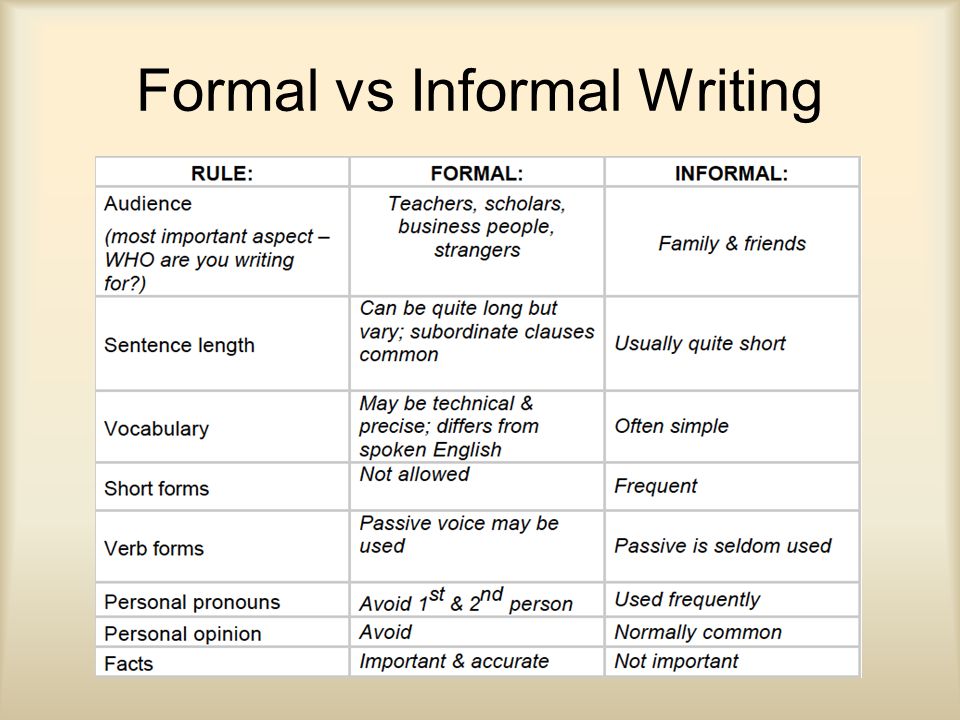 It is better to retire and not say anything that hurts your loved one. And be sure to come back when self-control is restored again. nine0003
It is better to retire and not say anything that hurts your loved one. And be sure to come back when self-control is restored again. nine0003
Read also 🥰😠
- 25 stupid things that make all couples fight
- 7 reasons why couples fight is normal
- How not to quarrel over money: tips for different occasions
7 reasons why quarrels in a couple are normal
11 March 2017 Relationship
Conflicts and their constructive resolution are the only way to achieve harmony in a couple. Find out what you can gain if you stop avoiding fights. nine0003
1. You will start to trust each other more.
Conflicts that cannot be resolved quickly are so terrifying for many couples that they prefer to avoid them at all costs. People consider such quarrels fatal for relationships. And absolutely in vain.
If you manage to talk without getting personal, but at the same time without suppressing your emotions, but on the contrary, making them available to your partner, such a quarrel will only strengthen your relationship.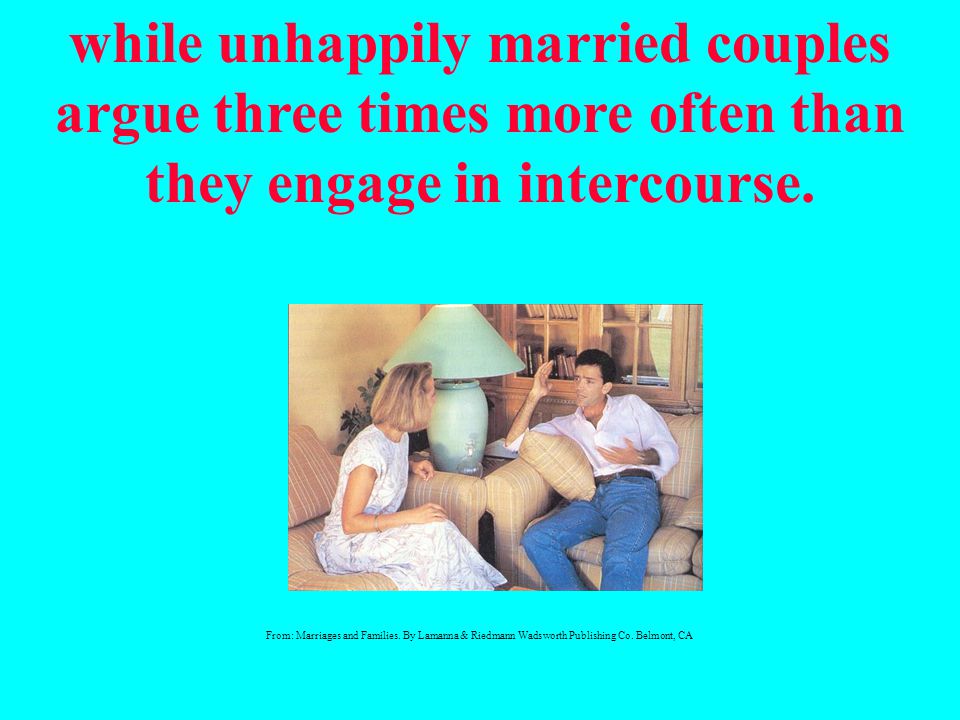 You will understand this when the storm is over.
You will understand this when the storm is over.
Having survived one quarrel, you will be less afraid of the next. You will begin to trust your partner and yourself more, knowing that you are quite capable of coping with possible disagreements. As a result, you will not put off difficult conversations with your soul mate until the last. You will understand that it is better not to accumulate negative emotions, but to find out as soon as possible what is wrong.
2. You will feel much better after a fight.
If you manage to express your emotions and let off steam, you will get rid of tension, anxiety and fear. This will positively affect both your mental health and physical health. nine0003
Of course, this does not mean that you need to pour all your toxic thoughts on your partner. Although sometimes it is better to express everything that has boiled up than to keep it inside and wait for everything to form by itself.
Greg Godek, author of Love: The Course They Forgot to Teach You in School, believes that the golden rule of ethics rarely works in real fights. Too careful talking will get you nowhere. Therefore, sometimes it is better to release all emotions in order to finally figure out what is wrong. nine0003
Too careful talking will get you nowhere. Therefore, sometimes it is better to release all emotions in order to finally figure out what is wrong. nine0003
The only rule to follow in quarrels is not to hit your partner or throw heavy objects at him. For the rest, go ahead: make noise, slam doors, swear with the last words. Do whatever you feel like it will help.
Greg Godek
3. Partner learns about your thoughts and feelings
No matter how close you are, your partner cannot read your thoughts. He probably just doesn’t realize how much a topic hurts you. nine0003
At the same time, the question arises: how to convey your thoughts to your partner so that he perceives them correctly and does not get offended? Especially if it's some kind of claim against him. How not to make him discouraged by your discontent?
Try not to blame, but to talk about your feelings, about how your partner's behavior affects you. Psychologists call these I-statements. For example, you can say, "I'm already fed up with your job. " An I-statement that conveys the same idea would be: “I am very upset that you often come home late. I would like to spend more time together." nine0003
" An I-statement that conveys the same idea would be: “I am very upset that you often come home late. I would like to spend more time together." nine0003
It is said that quarrels show all our worst features. But they can also bring out our best qualities if we manage the hardest part of them.
4. You will get closer
During fights, you find out what is important for your partner, what he likes, what he wants, how he builds boundaries, how flexible he is, what hurts him, and what he needs to feel better.
If you have a fight because your significant other is throwing socks around the apartment, it may be something else entirely. Perhaps the reason lies in respect and personal space, and not accuracy. nine0003
Greg Godek
There is one more fact that must be mentioned. Sex after a quarrel is worth almost any quarrel. And it will also make you closer to each other. In all senses.
5. You will understand that your soul mate is a separate person
Quarrels very quickly dispel the illusion that you have already merged into one whole and reached complete mutual understanding. Even better if it never happens. So you can get to know each other from new sides all your life.
Even better if it never happens. So you can get to know each other from new sides all your life.
6. You will become a better person
You are learning to focus on the most important things. On the fact that your soul mate is very important to you and you want your loved one to be happy. So you become more patient, understanding and caring, learn to truly love.
When you are in the midst of a quarrel, you are clearly not in the mood for fun. You feel disgusting. In a sense, quarrels are like sports training. Is sweating at the gym always fun? No. But this is how you pump your weaknesses. nine0003
Greg Godek
To quarrel is to forge a sword out of steel. Only after hardening, after repeated immersion in hot oil and cold water, will a work of art be obtained that can survive any test. It's the same with your union.
7. You will realize that you don't have to be perfect.
Quarrels show that you are only human. Sometimes you're in a bad mood, sometimes you're stressed out, and sometimes you're just tired.


